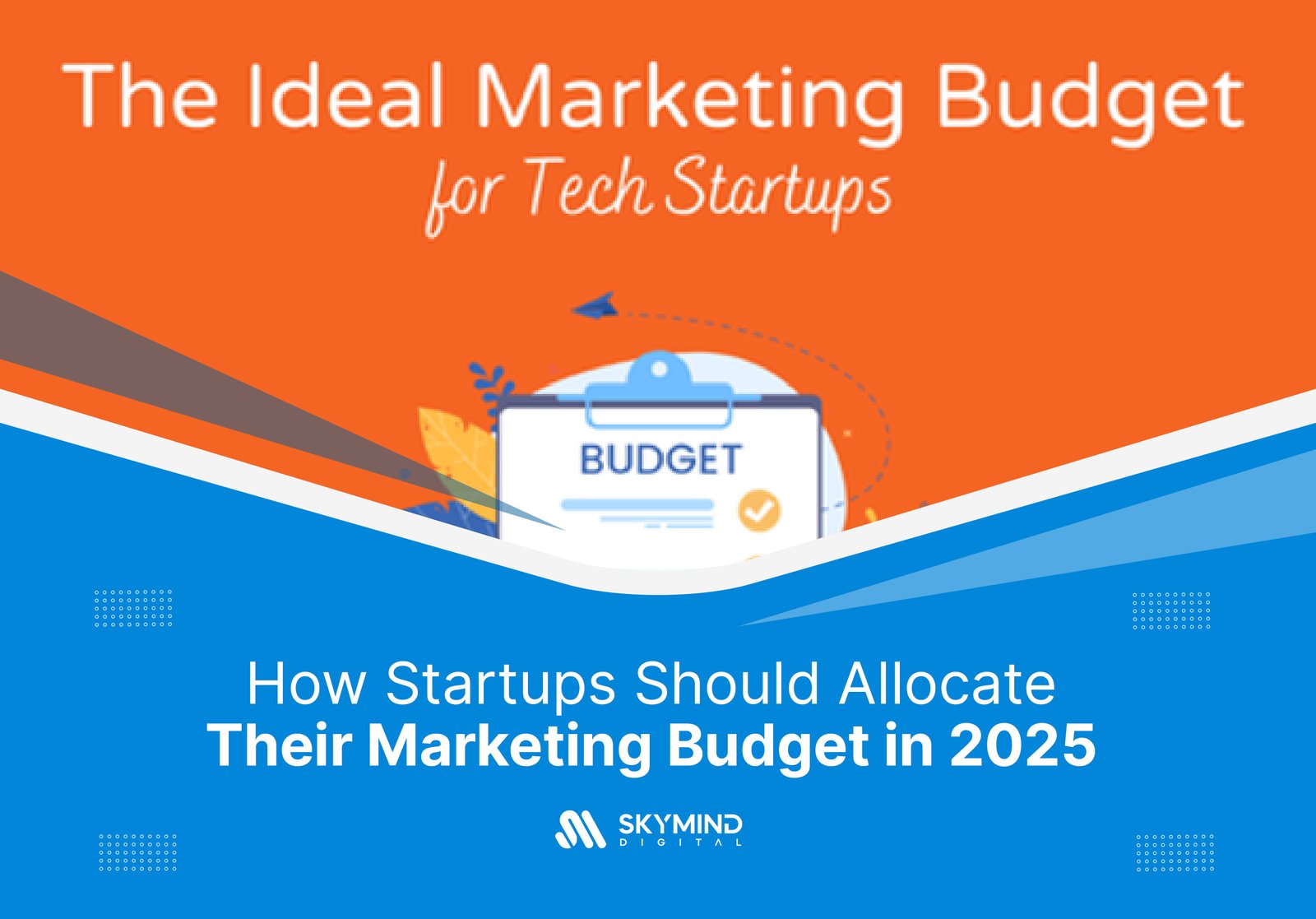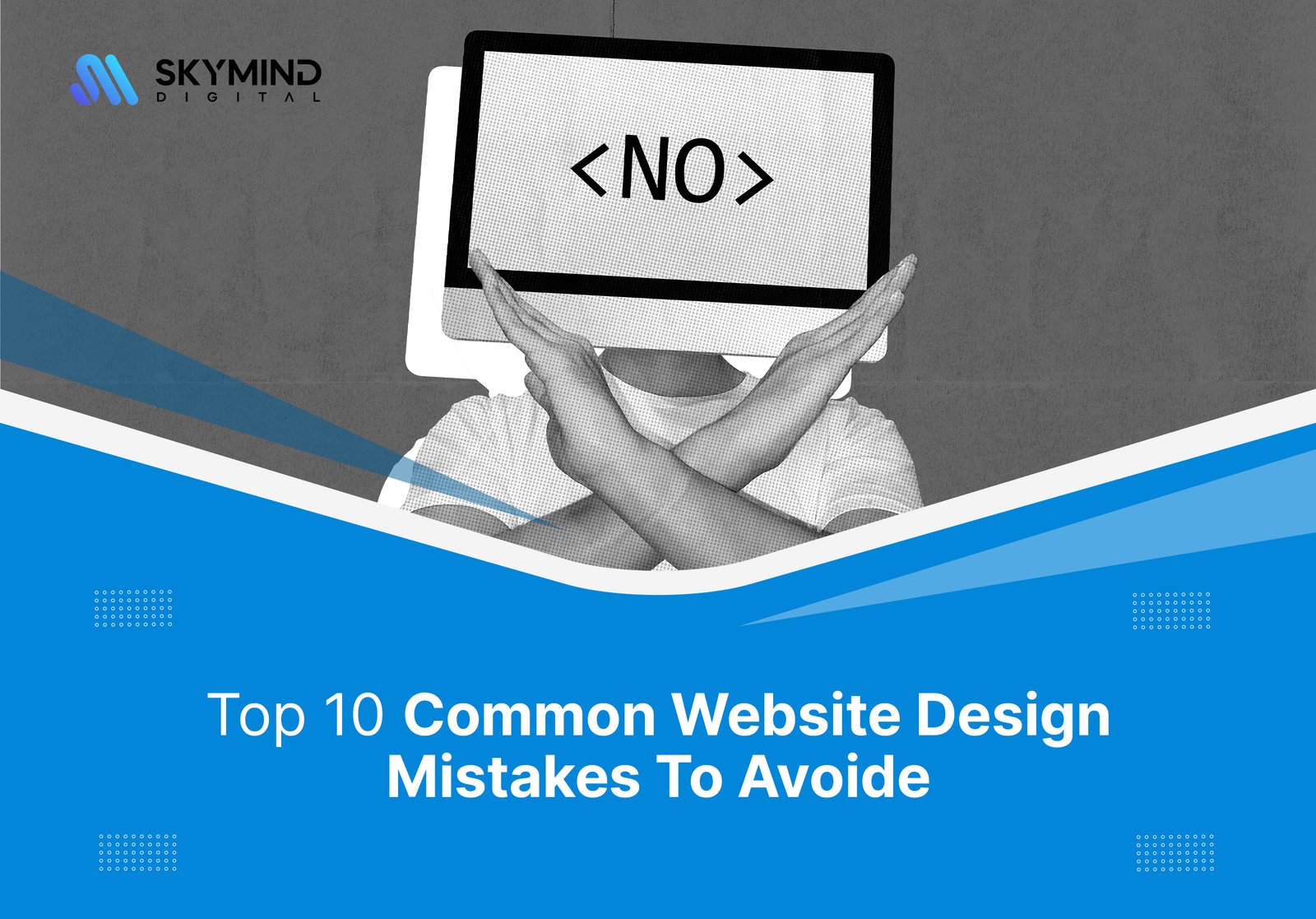As we approach 2025, startups are preparing to adjust their marketing budgets to reflect the current economic climate and the rise of new trends.
With inflation easing and AI revolutionizing digital marketing, the way businesses allocate their advertising budget is shifting dramatically.
If you want to make the most out of your marketing expenditure, it’s crucial to understand where the market is heading.
In this guide, we’ll break down the key trends shaping marketing budgets for 2025, offer insights on how your startup can capitalize on these shifts, and help you make informed decisions about where to invest your marketing spend.
Marketing Budget Allocation: How Companies are Planning for Marketing in 2025
1. SEO: The Backbone of Digital Marketing
For any startup, SEO should remain a cornerstone of your digital marketing budget.
Despite new technological advances and tools like AI SEO, organic search continues to deliver reliable and high ROI for businesses in almost every industry.
According to a recent survey of 11,093 marketers, 44% of marketers are planning to increase their SEO budget for 2025.
Why is SEO still such a powerful tool?
Simply put, the results of SEO campaigns have long-lasting effects, creating consistent visibility and inbound traffic without the need for continuous ad spend.
Most marketers still consider SEO an essential part of their strategy, despite the evolving nature of search algorithms.
How Startups Can Capitalize on SEO:
- Focus on Content Quality: Startups should prioritize producing high-quality, well-optimized content for their audience. Content marketing not only helps your SEO rankings but also engages your customers, building trust and long-term relationships.
- Invest in Technical SEO: Ensure your website is technically optimized for mobile devices, speed, and usability. A smooth user experience is crucial for improving your organic search rankings and decreasing bounce rates.
- Leverage AI for Research: Use AI tools like ChatGPT or SearchGPT to gather insights on trending keywords, search volume, and content gaps. These platforms can help streamline your SEO strategy by identifying valuable keywords that can drive organic traffic.
2. Content Marketing: A Growing Priority
In 2025, 63% of marketers are increasing their content marketing budget—and for good reason.
As consumer attention spans shrink and information overload becomes more of an issue, content that provides value in multiple formats is becoming more essential.
Startups can significantly benefit from content marketing by focusing on content that speaks directly to their audience’s needs and pain points.
It’s not just about blog posts anymore. To succeed, businesses must create video content, podcasts, and social media campaigns that resonate with customers in authentic ways.
Key Content Marketing Tactics for Startups:
- Diversify Content Formats: In addition to blog posts, start creating engaging videos, infographics, podcasts, and eBooks to capture attention. Podcasts are especially gaining traction, and creating your own can establish your startup as an industry thought leader.
- Repurpose Your Content: Repurposing blog posts into videos, podcasts, and social media snippets can stretch your content marketing budget and increase the ROI on your efforts.
- Leverage Influencer Partnerships: Partnering with influencers to create authentic content around your product or service can help increase exposure and drive sales. Influencers can generate higher engagement than traditional ads on platforms like Instagram and TikTok.
3. Email Marketing: Increasing Spend for Direct Communication
Despite the rise of social media and other forms of communication, email marketing remains one of the most powerful and cost-effective tools in any startup’s marketing budget.
According to the survey, 28% of marketers plan to increase their email marketing budget in 2025.
This growth is primarily attributed to the rising importance of email lists as a direct line of communication to your most engaged prospects and customers.
Startups should take advantage of the growing list size and focus on building segmented and personalized email campaigns that provide real value.
This marketing expenditure will pay off by increasing conversions, building stronger relationships with leads, and boosting lifetime value.
How Startups Can Optimize Email Marketing:
- Segment Your Email List: Instead of sending generic messages, segment your list by demographics, behavior, and interests. Personalized content will increase engagement and reduce unsubscribe rates.
- Focus on Automation: Use email marketing automation tools to nurture leads and send targeted follow-up emails based on actions taken by prospects (e.g., email open rates, link clicks).
- Build an Email Funnel: Develop a comprehensive email funnel that moves potential customers from awareness to decision-making stages. The more personalized and helpful the content, the higher the chances of conversion.
4. Paid Media: The Shift to Affordable Platforms
Paid media has always been a crucial part of any startup’s advertising budget, but the landscape is changing.
Traditional platforms like Google Ads and Facebook Ads are seeing increasing costs, with Google alone seeing a 52% increase in paid search spend by marketers in 2025.
However, X (formerly Twitter) is emerging as an affordable alternative with a 55% increase in ad spend, as marketers seek a cost-effective platform to drive engagement.
While traditional ads on platforms like Facebook, Instagram, and Google remain effective for certain audiences, startups should consider diversifying their paid ads strategy and explore newer channels where ROI is higher.
How Startups Can Optimize Paid Media:
- Focus on Remarketing: As ad costs rise, remarketing has become an increasingly effective way to re-engage website visitors who didn’t convert. By targeting warm leads, you can improve the cost-efficiency of your media budget.
- Invest in Affordable Platforms: Explore up-and-coming platforms like X, TikTok, and Snapchat to test new ad formats and reach younger, more engaged audiences at a lower cost than more traditional platforms.
- Analyze Ad Performance: Invest in analytics tools to closely monitor ad performance across various channels, helping you identify which platforms deliver the best ROI.
5. Community Building: More Than Just Social Media Engagement
With the rise of AI tools and automation, human connection has never been more important.
As a result, 81% of marketers plan to increase their community-building budget in 2025.
Building an active, engaged community allows your startup to foster stronger customer loyalty and advocacy, turning customers into long-term brand ambassadors.
Communities are no longer just for B2C brands. B2B companies also benefit from building highly engaged online communities around their products and services.
Startups, in particular, can thrive by investing in both digital and in-person community-building efforts.
How Startups Can Build a Thriving Community:
- Leverage Social Media Groups: Build and nurture groups on platforms like Facebook, LinkedIn, and Reddit to create spaces where customers can discuss your brand, share experiences, and ask questions.
- Host Virtual and In-Person Events: Use webinars, live Q&A sessions, and local meetups to build a personal connection with your community. These can be budget-friendly alternatives to expensive paid media campaigns.
- Encourage User-Generated Content (UGC): Ask customers to share their experiences and stories about your brand. UGC is often more persuasive than traditional marketing and can be a powerful tool in building community trust.
6. Influencer Marketing: Leveraging Authenticity at a Lower Cost
Influencer marketing is quickly becoming a go-to strategy for many startups looking to maximize their advertising spend.
As traditional ad costs rise, partnering with micro-influencers offers startups a more cost-effective way to reach highly engaged audiences.
Influencers offer authentic endorsements, making them an ideal solution for companies looking to grow brand awareness without spending too much.
In fact, many marketers are allocating a significant portion of their marketing budget to influencers in 2025. This trend reflects the ROI that influencer marketing delivers compared to traditional paid media.
How Startups Can Leverage Influencer Marketing:
- Partner with Micro-Influencers: Look for influencers with smaller but highly engaged audiences. Micro-influencers often offer a higher ROI compared to celebrity influencers.
- Focus on Authenticity: Choose influencers who align with your brand values. Authenticity resonates with audiences, making it more likely that their followers will trust and convert.
- Measure Influencer Performance: Track the performance of influencer campaigns using key metrics like engagement rates, click-through rates, and conversion rates to ensure that you’re getting the most out of your influencer marketing budget.
7. AI Tools: Cutting Costs and Increasing Efficiency
AI is revolutionizing how businesses manage their digital marketing budgets.
From automating content creation to optimizing advertising campaigns, AI tools are providing marketers with ways to improve efficiency and reduce operational costs.
As AI continues to develop, startups should integrate AI tools into their marketing budgets to improve efficiency and ensure their strategies are data-driven and scalable
How Startups Can Benefit from AI in Marketing:
- Automate Content Creation: Use AI platforms like ChatGPT to generate content at scale, from blog posts to product descriptions.
- Optimize Paid Ads: Use AI-driven tools to analyze paid ads in real-time and adjust bids based on performance.
- Personalize Customer Interactions: Implement AI-powered chatbots and personalization engines on your website to deliver tailored customer experiences.
Conclusion: Mastering Your Marketing Budget in 2025
In 2025, startups need to be strategic when it comes to marketing spend.
By focusing on SEO, content marketing, email marketing, paid media, community building, influencer marketing, and AI tools, your business can create a marketing strategy that maximizes ROI without exceeding your marketing budget.
The key to success is adaptability—by embracing new trends, leveraging cost-effective tools, and closely monitoring advertising budgets, you can scale your startup while maintaining control over costs.
At Sky Mind Digital, we help startups navigate these shifts and make smart decisions with their digital marketing budgets.
By staying ahead of industry trends and optimizing your marketing expenditure, you can create a robust and sustainable marketing strategy that drives growth.







